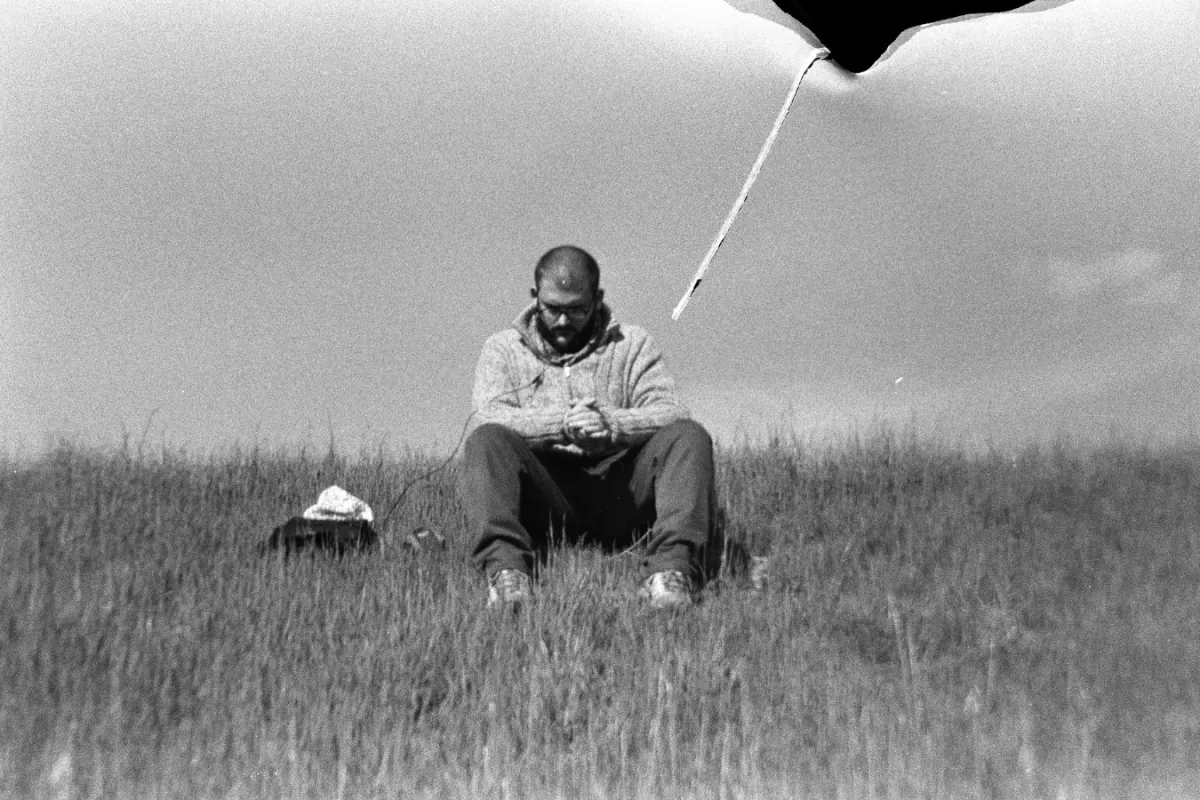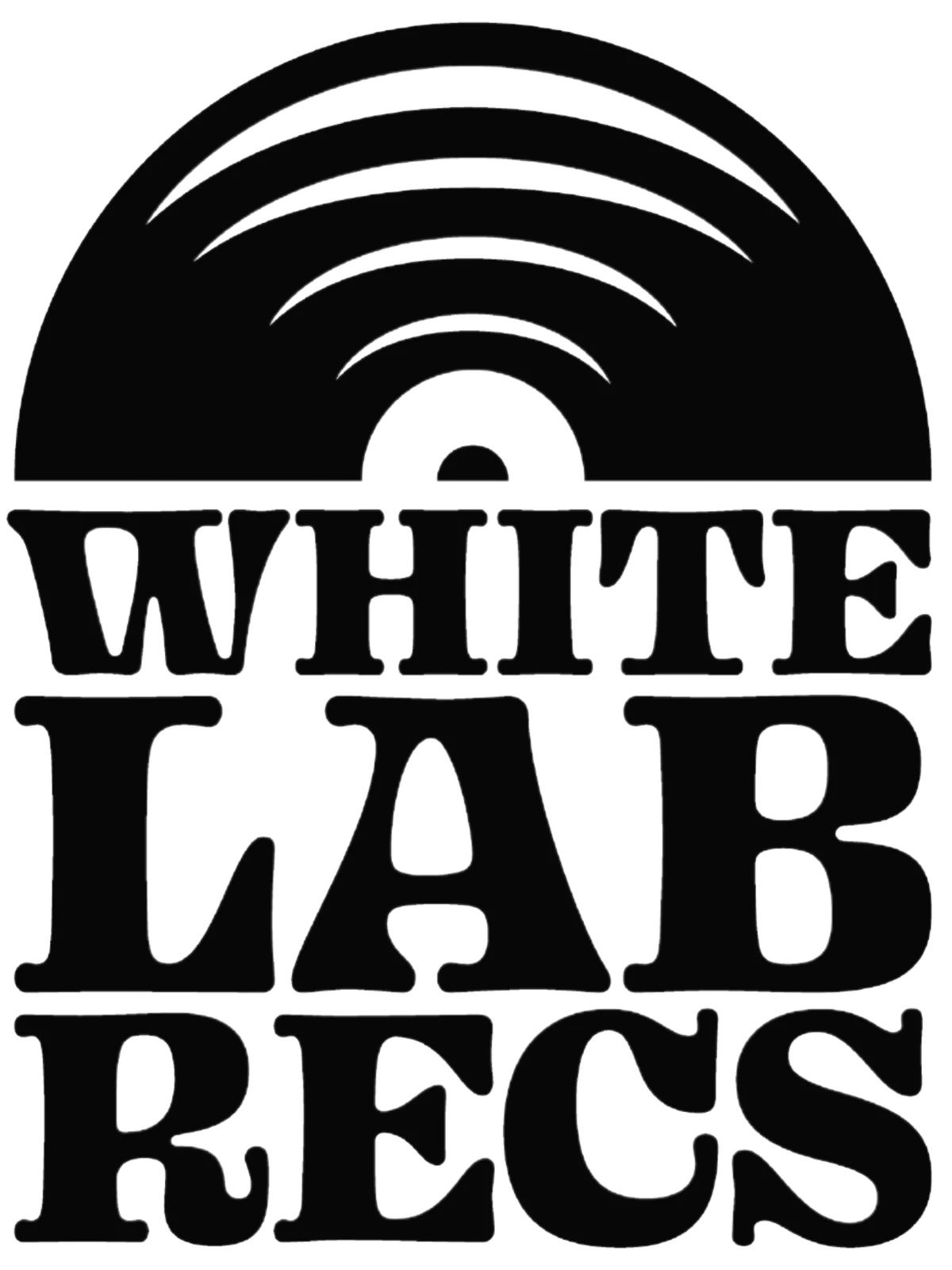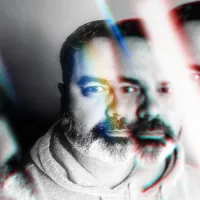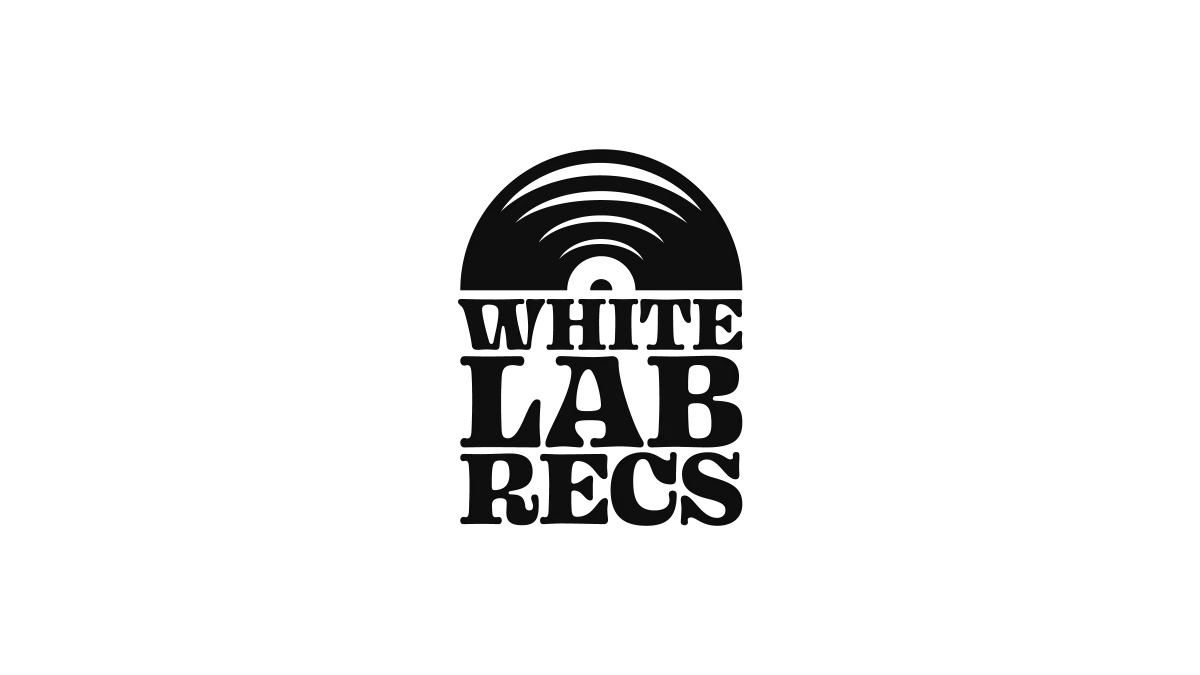Whitelabrecs Blog

Behind The Scenes: The Volume Settings Folder
Last weekend saw the release of the two November editions, including The Volume Settings Folder's first album for Whitelabrecs since 2020's Home Diaries contribution. I've known M. Beckmann for many years, most likely having been introduced to his work by the Fluid Radio blog in the good old days of the early 2010's. When looking at options for our blog post, the artist opted for an interview and after following his intriguing live set-up performances on social media, Ryan of Akira Film Script was keen to pose some questions.
Ryan chats with M. Beckmann about the process behind this new album for Whitelabrecs called 'Corporate Shamanism'. The release was shaped over the course of two years through a consistent toolkit and a fascination with evocative phrases discovered in his work as a translator. They discuss pedalboard setups, the OP-1, software instruments and more!
If you like to take a listen to Corporate Shamanism, there's a Bandcamp link at the bottom of the page!
From the cold, minimal, distant notes that open the album, to the fragmented and celestial closing notes of the eponymous title track, there seems to be a very strong sonic narrative across the album. What was your inspiration for this set, such that it lands as cohesively as it does as an album? Did you use concepts to guide the album's vibe, or was there actual physical or digital media that guided you while creating this album?
M. Beckmann: First of all, it's wonderful to read such kind words about the beginning and end of the album, which, to me, feel at opposite ends of the spectrum you described: the beginning feels warmer to me (there are some distinctly Sigur Rós-like tones there - yes, they're from Iceland, yet their sound feels warm to me), and the ending feels more distant to me: a detached, corporate-sounding loop. It's absolutely fascinating how we all feel and perceive music and make it our own! Back to the question of theme. I composed these pieces over a two-year period. They all stem from improvisation, although there is a fixed set of tools that I use. This helps to create a coherent sonic palette. Although I didn't have an initial concept, I compiled the album in the most coherent way possible after establishing the title. I feel that album titles inspire me a lot. I have a note file on my phone entirely dedicated to possible titles and inspirational phrases. Fun fact: I'd say two thirds of my inspiration comes from my work as a translator and reviewer. From time to time, especially with works from certain clients, I come across phrases and wording that I find so interesting that I cannot resist borrowing them. Something clicks, and a juxtaposition like this title emerges. After that, it's plain sailing. I have a sound in mind — plus the "sound of the label", if you will — that guides me in picking the tracks.
You have a strong presence on social media, with incredibly well shot content showing lots of different creative processes - understanding that each setup begets different results, do you have a favourite or preferred setup? Insomuch, do you prefer sending differing inputs through your pedal chain more, or the simpler single unit + norns, or single-pedal combinations better?
M. Beckmann: This is what torments me every weekend: which setup do I choose?! Jokes aside, I have a 'fixed station' on a small desk, complete with a big pedalboard, a mixer and various accessories. That said, there's barely any space to accommodate much more than what's already on the desk. The OP-1 fits nicely, and playing guitars or kalimbas isn't a problem. However, when I want to bring in Norns and Grid, it's inconvenient, especially since I mostly use it for its looping scripts, so the "looping" factor becomes redundant. That's why I sometimes play with a more compact setup on the carpet or other tables in the house. A smaller set-up also means more focus, in my opinion. Sometimes, when I'm using the big pedalboard, I record melodies on one looper and chords on another. If I don't focus enough, things can easily get messy. With smaller set-ups, there are more constraints and limitations, which is why I feel it's more focused. With that said, I am seriously considering dismantling the big pedal board in order to work on that desk with constantly changing set-ups. I also need slightly better lighting because I want to play more in the evening during the week - filming with my iPhone in a dimly lit environment is not ideal.
Following the last question, we see you working from different hardware. On this album, there are more textures beyond synths and pedal chains - what did you use, and what are some of your favourite traditional instruments to incorporate into your setup? Do you prefer the more traditional instruments to be played outside of your hardware, or do you prefer sampling them into your hardware?
M. Beckmann: Yes, this album does indeed have more 'organic' or acoustic sounds than my setups suggest. As far as acoustic instruments are concerned, I am fairly limited to guitars, ukuleles and kalimbas. I also have samples of acoustic instruments on my OP-1, particularly piano samples. I prefer to use these, ideally one octave down on the OP-1, rather than VSTs. I do, however, use VSTs for other instruments. I have a couple of Spitfire Audio string libraries, as well as their collaboration with Blank For.ms (plus the free LABS), the free Crow Hill Vaults and some Hainbach VSTs. I only use all this software when, after importing the recording into my DAW, I feel the recorded track lacks something - usually bass or base frequencies. I definitely used the Spitfire stuff on "Corporate Shamanism". Ideally, I would record actual acoustic players, but I don't have the means, so these high-quality libraries are a great help. On the other hand, I feel that even one acoustic instrument, whether recorded or looped, has the power to elevate the entire piece.
Improvisation plays a large part in your setup and musical bodies of work. How blank of a slate do you have going into a recording session? Do you clear your mind, find a note, and build from there, or do you have a general direction or musical scale you’re looking to explore when you begin?
M. Beckmann: I would say that around 75-80% of the time, I start with a completely blank slate. The remaining 20-25% of the time, inspiration comes from watching a video online or playing new songs at my church gig, and this might inform a chord sequence, a melody or how I treat a sound or signal chain. I might even prepare a loop on the OP-1 during the week and develop it further at the weekend. When starting completely from scratch, I find that I achieve more coherent and paced results when I provide minimal input to the board - the effects simply work better with less material. I rarely compose with a fixed tempo; most of the time, everything evolves organically and is asynchronous. I mostly play in major, minor or Dorian scales, but I'm not that versed in music theory and sometimes happy accidents happen. Again, finding a 'pace' that is neither too slow nor too fast can be difficult for me. Even if I play and record a lot at the weekend, I discard much of the outcome.
One final question before we let you get back to your content and creations - aside from this incredible body of work for Whitelabrecs, what else do you have in the works that you’d like to share with the community? Any upcoming live shows people reading in Northeast Italy might be able to attend, or shows while you travel?
M. Beckmann: I am increasingly trying to release my music through labels that I admire and whose music I genuinely enjoy listening to. Whitelabrecs has been one of those labels for me historically. There are a few projects in the pipeline, but everything is still in its early stages. I will continue to self-release my music on my Bandcamp page as well. Over the last couple of years, I have favoured the digital-only format more and more, but I release physical, handmade products occasionally as well. I'm not currently active in live performances, but I'd love to get back into it. It's been exactly ten years since my last performance, so now would be a good time.
'Corporate Shamanism' is available in a limited repress of 100 gatefold vinyl-effect CDrs, as well as a digital option available in a range of high quality format options. You can take a listen to the album in full HERE!
join the community...
get a free 12 track compilation album
be the first to hear the label news
get behind the scenes exclusives
a chance to get involved



